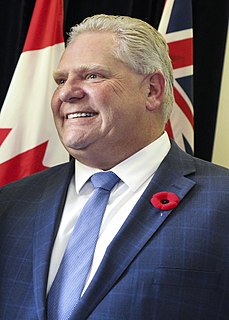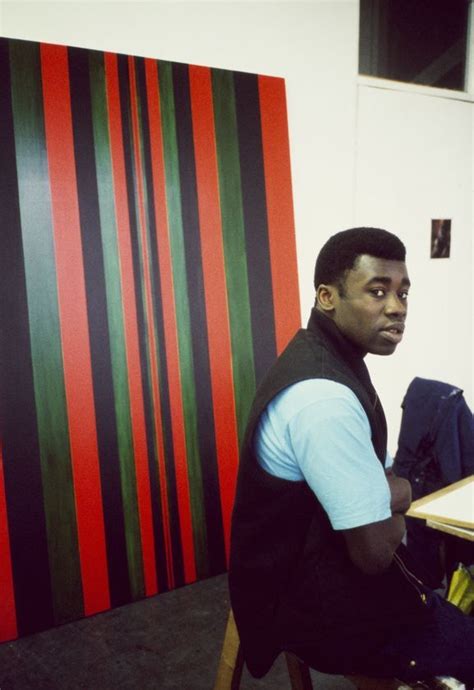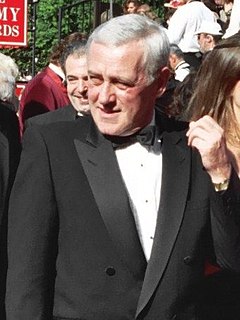A Quote by Steven Johnson
We are strangely biased, as individuals and media institutions, to focus on big sudden changes, whether good or bad - amazing breakthroughs, such as a new gadget that gets released, or catastrophic failures, like a plane crash.
Related Quotes
It is extraordinary how safe flying has become. You are now statistically more likely to be elected president of the United States in your lifetime than you are to die in a plane crash. What an amazing achievement as a society! But what we end up focusing on are the catastrophic failures that are incredibly rare but happen every now and then.
I'm not a gadget freak, so to say. I own an iPhone, which I love, and would sorely love to upgrade to MacBook Air from my current MacBook Pro. But what gets me going is the technology behind the gadgets, new websites, new apps. And I'm way too much into social media - FB, Twitter and Instagram are always open on my phone.
If the prospect of a bad result gets the heart racing - a plane crash, a terrible disease, a loss of 30 percent of your portfolio - most people will take strong steps to avoid it. They will pay too little attention to a comforting thought, which is that worst-case scenarios usually don't come to fruition.
When it comes to partisan politics, everyone is a hypocrite. And all they care about is whether it hurts or helps them ... Is it good or bad for the Democrats? Is it good or bad for the Republicans? Is it good or bad for Jews, or good or bad for blacks, or is it good or bad for women? Is it good or bad for men? Is it good or bad for gays? That's the way people think about issues today. There is very little discussion of enduring principles.
In its pursuit of justice for a segment of society, in disregard of the consequences for society as a whole, what is called 'social justice' might more accurately be called anti-social justice, since what consistently gets ignored or dismissed are precisely the costs to society. Such a conception of justice seeks to correct, not only biased or discriminatory acts by individuals or by social institutions, but unmerited disadvantages in general, from whatever source they may arise.
The media are very dishonest. In fact, in covering my comments, the dishonest media did not explain that I called the fake news the enemy of the people - the fake news. They dropped off the word "fake." And all of the sudden, the story became, the media is the enemy. They take the word "fake" out, and now I'm saying, oh, no, this is no good. But that's the way they are. So I'm not against the media. I'm not against the press. I don't mind bad stories if I deserve them. And I tell you, I love good stories, but we won't - I don't get too many of them.
Critical Race Theory offers of discrimination frameworks as ways of understanding and eradicating racism. The focus on "discrimination" as the way to understand racism in the US has meant that racism is considered a question of discriminatory intentions - whether or not somebody intentionally left someone out or did something harmful because of their biased feelings about a person's race. This focus on individual racists with bad ideas hides the reality that racism exists wherever conditions of racialized maldistribution exist.


































